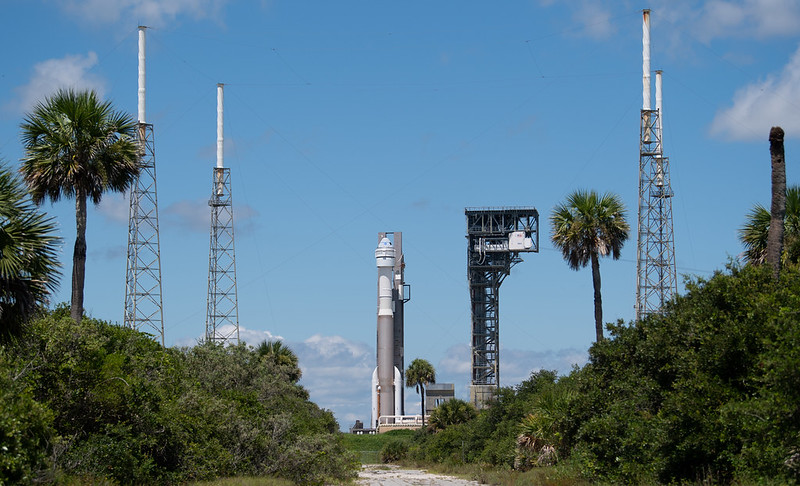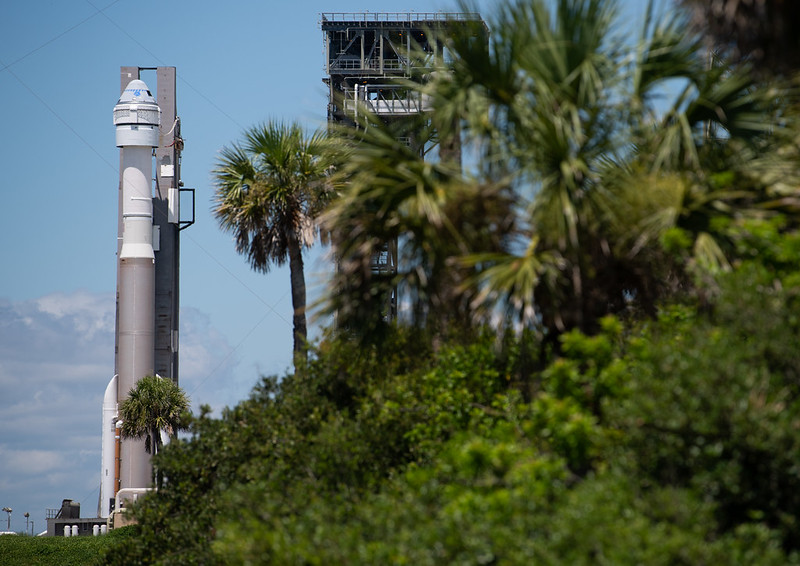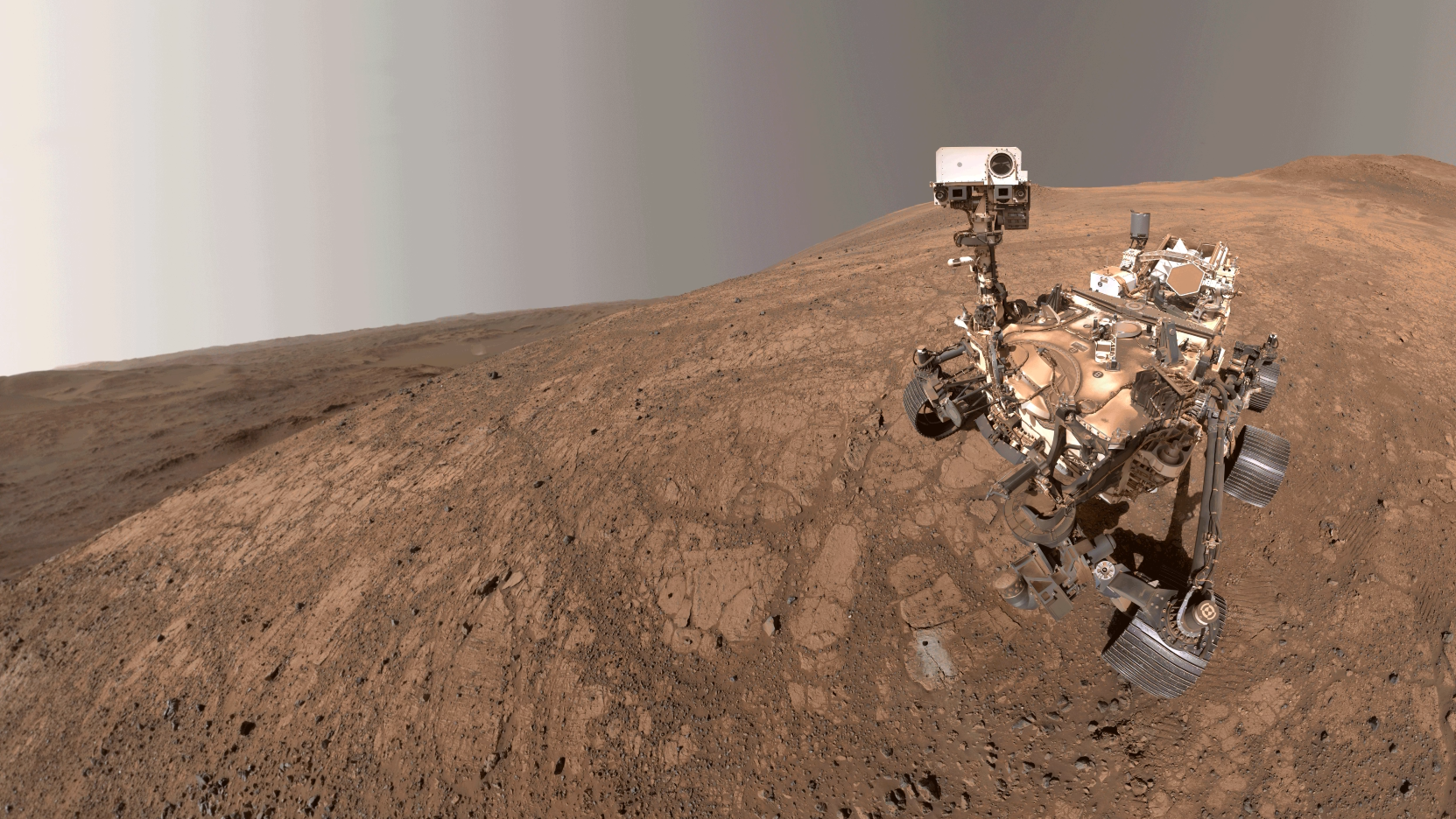
Boeing's Starliner capsule has left the launch pad, just 24 hours after it got there.
Starliner and its United Launch Alliance (ULA) Atlas V rocket rolled out to Space Launch Complex 41 at Cape Canaveral Space Force Station yesterday (July 29) to prepare for a liftoff toward the International Space Station today (July 30).
But today's planned launch was nixed to allow space station managers to assess the fallout from unplanned thruster firings yesterday of Russia's newly arrived Nauka module. And potential scheduling conflicts on the Eastern Range made a weekend liftoff tough to pull off, NASA officials said. So Starliner now won't get off the ground until Tuesday (Aug. 3) at the earliest.
Live updates: Follow Boeing's Starliner OFT-2 mission here

Given that delay and the looming threat of bad weather on the Space Coast, Starliner and its rocket ride made the glum trip back to their processing facility today.
"For the protection of the #Starliner and #AtlasV, and to avoid inclement weather, we are rolling back to the Vertical Integration Facility (VIF)," ULA representatives wrote via Twitter today.
Starliner's upcoming launch will kick off Orbital Flight Test 2 (OFT-2), a crucial uncrewed test flight to the space station. Boeing already took one crack at this mission, in December 2019. But Starliner suffered several glitches, got stuck in the wrong orbit and had to head back to Earth without meeting up with the orbiting lab.
Get the Space.com Newsletter
Breaking space news, the latest updates on rocket launches, skywatching events and more!
If all goes well this time around, Starliner will be ready to carry astronauts for the first time, a milestone that could be achieved by the end of the year, Boeing and NASA officials have said.
Boeing has been developing Starliner with funding from NASA's Commercial Crew Program, which awarded a similar deal to SpaceX. Elon Musk's company has already launched NASA astronauts three times using its Crew Dragon capsule and Falcon 9 rocket — first on a demonstration mission to the station last summer and twice more on operational missions.
The most recent of these SpaceX missions, known as Crew-2, is still underway. It launched in April and is expected to wrap up in November.
Mike Wall is the author of "Out There" (Grand Central Publishing, 2018; illustrated by Karl Tate), a book about the search for alien life. Follow him on Twitter @michaeldwall. Follow us on Twitter @Spacedotcom or Faceboo
Join our Space Forums to keep talking space on the latest missions, night sky and more! And if you have a news tip, correction or comment, let us know at: community@space.com.

Michael Wall is a Senior Space Writer with Space.com and joined the team in 2010. He primarily covers exoplanets, spaceflight and military space, but has been known to dabble in the space art beat. His book about the search for alien life, "Out There," was published on Nov. 13, 2018. Before becoming a science writer, Michael worked as a herpetologist and wildlife biologist. He has a Ph.D. in evolutionary biology from the University of Sydney, Australia, a bachelor's degree from the University of Arizona, and a graduate certificate in science writing from the University of California, Santa Cruz. To find out what his latest project is, you can follow Michael on Twitter.
